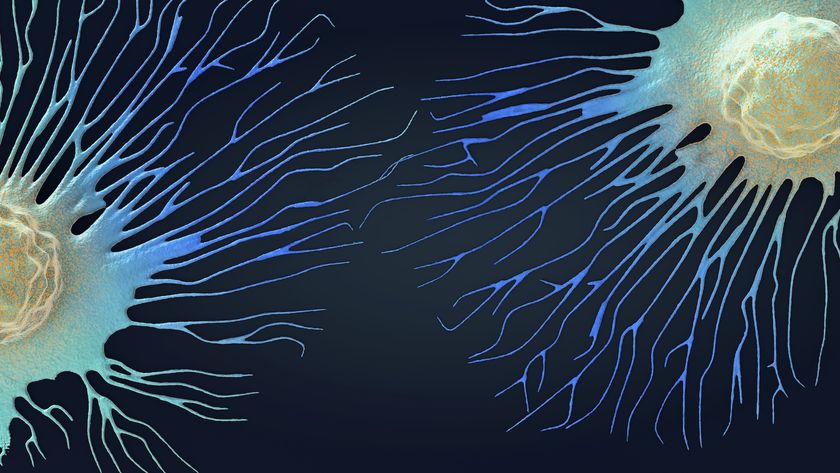Acetaminophen Must Now Carry Warning of Skin Reactions, FDA Says

The common pain reliever acetaminophen can, in rare cases, cause serious skin reactions, the Food and Drug Administration warned consumers today.
The agency said it is taking steps to add warnings about skin reactions to labels of over-the-counter medications containing acetaminophen, and it also will require prescription medications containing acetaminophen to include such warnings.
Symptoms of the serious skin reactions include: rash, blisters and widespread damage to the surface of skin, the FDA said. [See 8 Strange Signs You're Having an Allergic Reaction].
Patients taking acetaminophen who develop a skin reaction should stop taking the drug immediately and seek medical treatment, the FDA says.
"This new information is not intended to worry consumers or health care professionals, nor is it meant to encourage them to choose other medications," Dr. Sharon Hertz, deputy director of FDA's Division of Anesthesia, Analgesia and Addiction, said in a statement. "However, it is extremely important that people recognize and react quickly to the initial symptoms of these rare but serious side effects, which are potentially fatal."
Acetaminophen is found in Tylenol, as well as many other prescription and nonprescription drugs.
The FDA is adding the warning after reviewing cases of skin reactions linked to the medicine. Between 1969 and 2012, 107 cases of skin reactions linked to acetaminophen were reported to the FDA, which resulted in 67 hospitalizations and 12 deaths.
Sign up for the Live Science daily newsletter now
Get the world’s most fascinating discoveries delivered straight to your inbox.
Two severe skin conditions linked to the medication are Stevens-Johnson Syndrome (SJS) and toxic epidermal necrolysis, in which the top layer of skin separates from the lower layers.
There is no way of predicting who is at higher risk for skin reactions while taking the medication. The FDA says it considers the benefits of the medication to outweigh the risks.
Follow Rachael Rettner @RachaelRettner. Follow LiveScience @livescience, Facebook & Google+. Original article on LiveScience.com.

Rachael is a Live Science contributor, and was a former channel editor and senior writer for Live Science between 2010 and 2022. She has a master's degree in journalism from New York University's Science, Health and Environmental Reporting Program. She also holds a B.S. in molecular biology and an M.S. in biology from the University of California, San Diego. Her work has appeared in Scienceline, The Washington Post and Scientific American.











